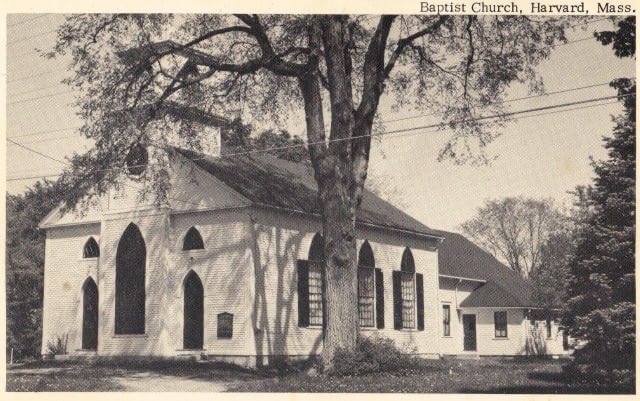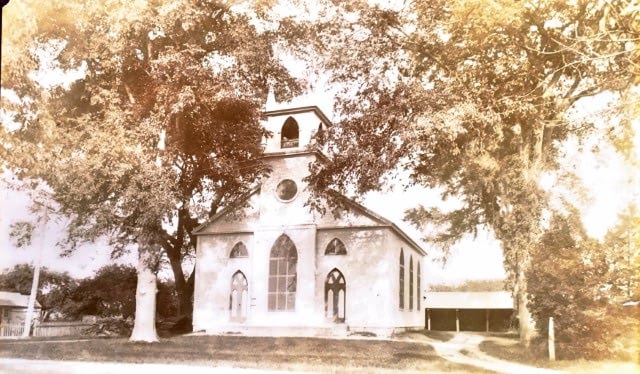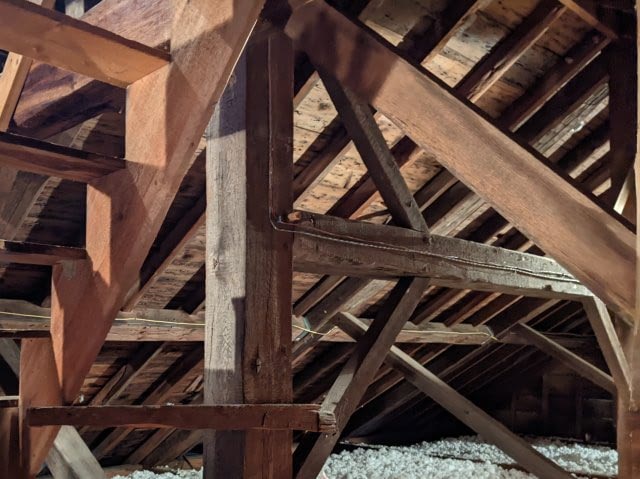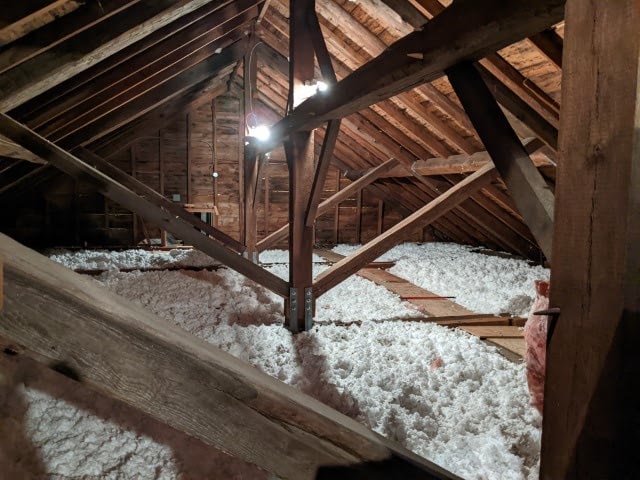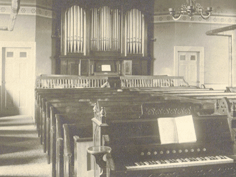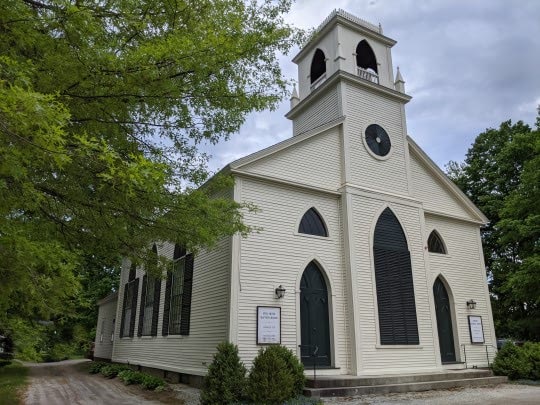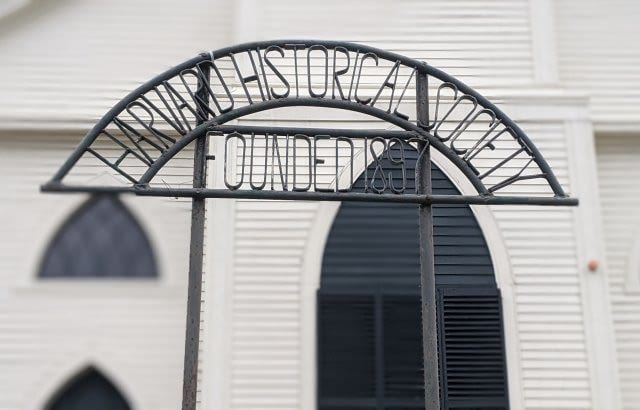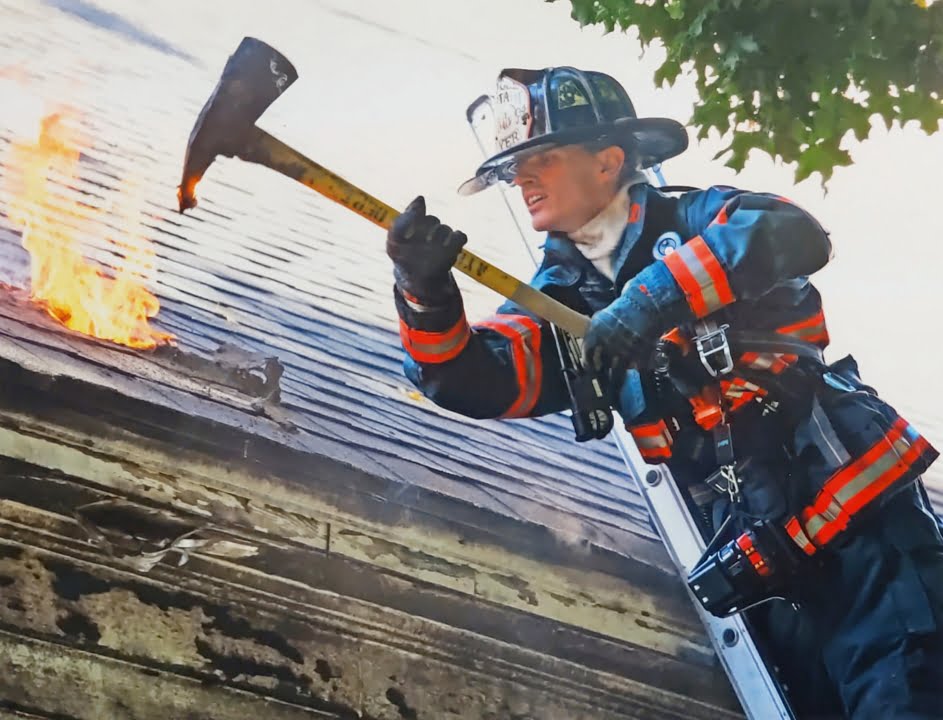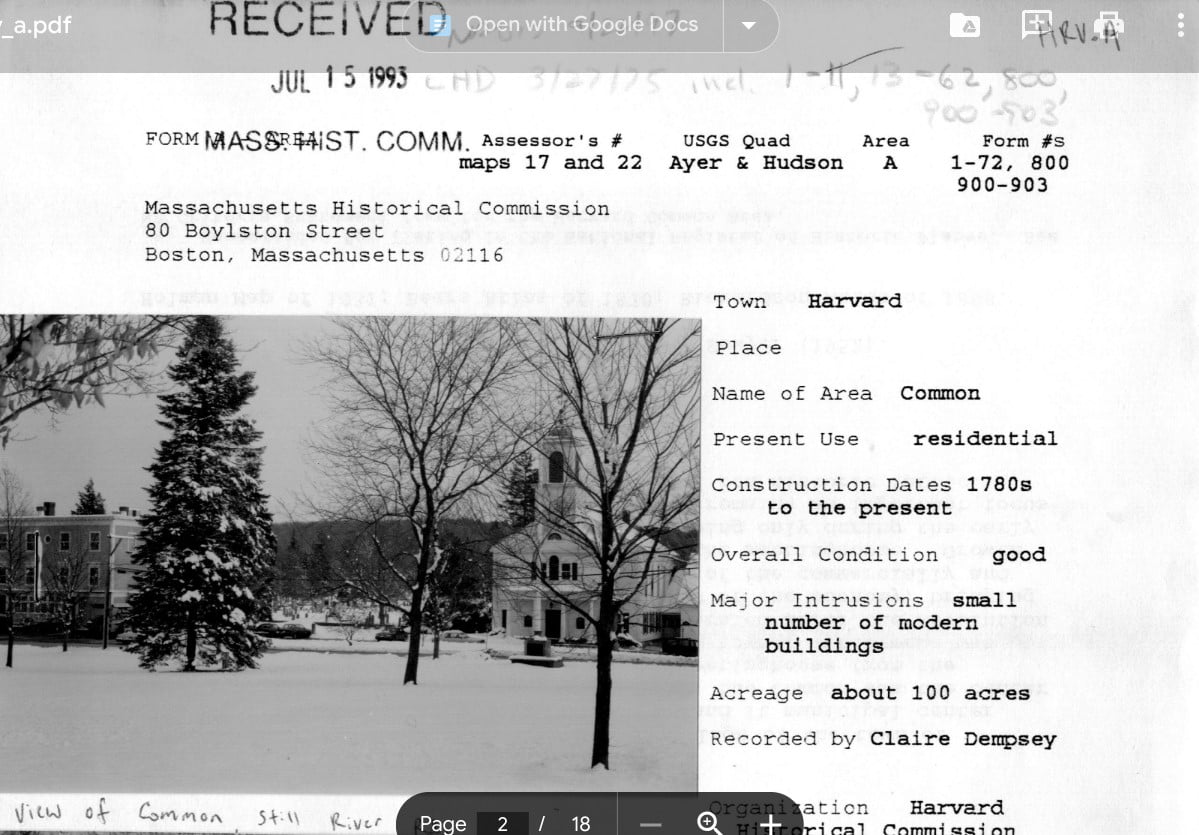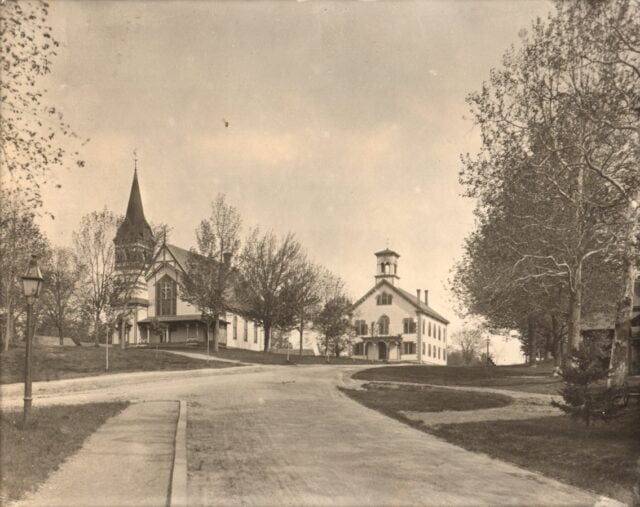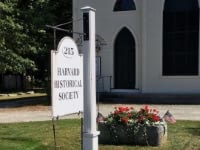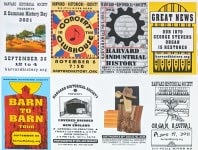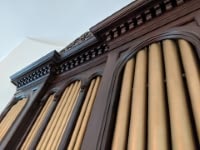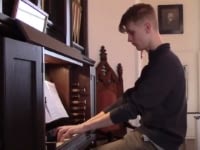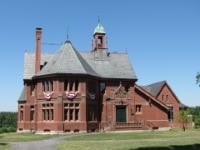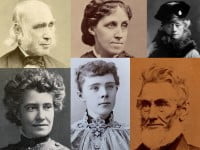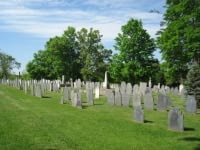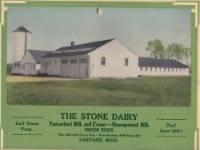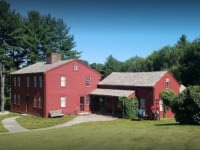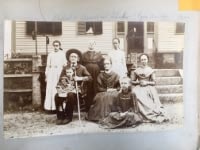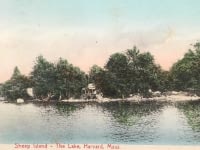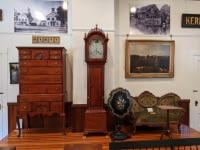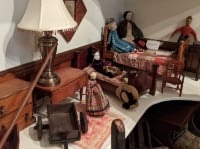The Harvard Historical Society Meeting House
Still River Baptist ChurchIn 1966, the Harvard Historical Society purchased the former Still River Baptist Church.
“Acting on the recommendation of its Board of Directors, the Harvard Historical Society met September 16, 1966, and voted to make a token offer of $1,000 to the Baptist Church of Still River for all of their real estate.”
Until then, the Historical Society had been using the Hapgood Room and attic of the public library and was asked by the library trustees to vacate it in 1965.
The Baptist Church in Harvard
On June 27, 1776, fourteen individuals signed the covenant that established a Baptist church in Harvard. They were Jemima Blanchard, Huldah Edes, Elizabeth Gates, Stephen Gates, Ruth Kilburn, Sarah Kilburn, Doctor Isaiah Parker, Joseph Stone, Annis Willard, Josiah Willard, Rachel Willard, Sarah Willard, Tarbel Willard, and William Willard Jr. The church’s first minister, the Reverend Isaiah Parker MD, was ordained on 10 June 1778 by the Reverend Samuel Stillman, DD. This new church would be entirely free from any interference from the town, self supporting, and not confined to Harvard residents. Five of the original members were from Lancaster.
During its early years, this church represented a dissenting denomination in Harvard—in marked contrast to the town-supported Standing Order Church. However, some Baptist members sat on town committees and some were sent to the State House. Co-founder Deacon Joseph Stone represented Harvard as a state senator, and the Reverend Isaiah Parker was a one-time member of the House of Representatives.
Over the years, members withdrew to join other Baptist congregations in nearby towns, with the result that the Still River congregation was so reduced that they were no longer able to support the expenses of an independent church. For a few years they met with the Evangelical Congregational Church of Harvard, but in 1966 they decided to disband, selling the Meetinghouse to the Harvard Historical Society.
The Meetinghouse
The Baptist Society was founded June 27, 1776. At the time there were only six other Baptist churches in Worcester County, and none of them near Harvard. The church was immediately successful at attracting membership, and the congregation grew rapidly.
The first building on this site was purchased and moved here from the town of Leominster where it had served as the Standing Order (Congregational) Church. In 1832, the Still River Baptist Society built the current Still River Baptist Meetinghouse to use for weekly worship services. Sixteen-hundred dollars in funds were raised for construction of this new meetinghouse through private subscription. When the current meetinghouse was built, the Baptist Society moved their first building across the street (218 Still River Road) to serve as a parsonage. Over the years, a vestry was added and then enlarged on the east side of the meetinghouse. In 1834 horse sheds were built to the rear of the church to provide shelter for horses and carriages during the long hours of services. The sheds are since gone.
The most significant change to the building was made in 1870 when Williams Bowles Willard gave the church its George Stevens Organ. Originally the meetinghouse had a small organ in the balcony choir loft in the west end of the sanctuary. To accommodate the new and much larger organ, the west wall was extended to the ceiling, a large window was covered, and the choir moved to a platform in front of the organ.
In 1882 the first heat was added to the building when a wood stove and chimney were added to the sanctuary. A furnace replaced the stove in 1910, and further work on heating was done in 1927-28.
Prior to the 1880s, baptisms were conducted in the waters of Still River. Between 1879 and 1885, the baptistry was added to the sanctuary.
Because of their dwindling membership as members left to join new Baptist congregations in surrounding towns, the Still River Baptists were forced to dissolve their church 190 years after its founding. The bell was rung to announce the last service in 1964. The building was sold in 1966 to the Harvard Historical Society. The congregation left its remaining assets to the Andover Theological School and other organizations.


